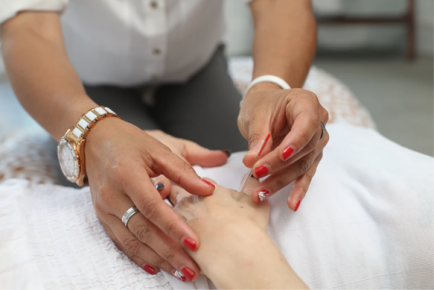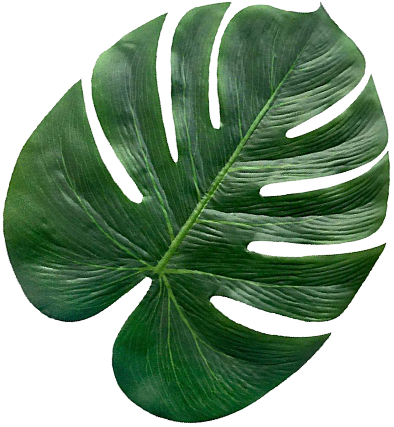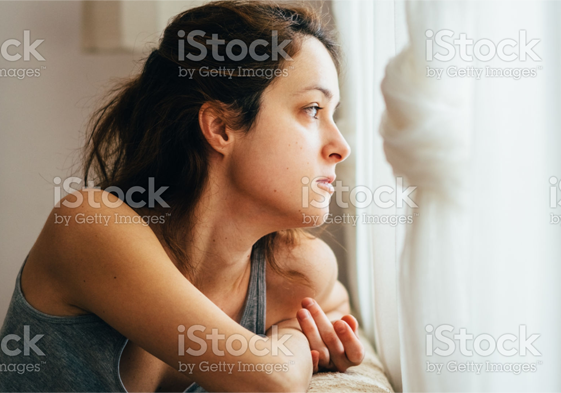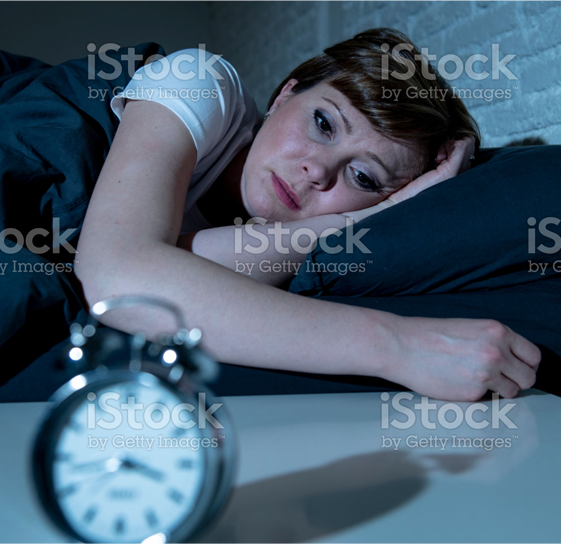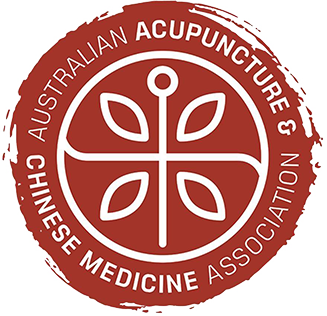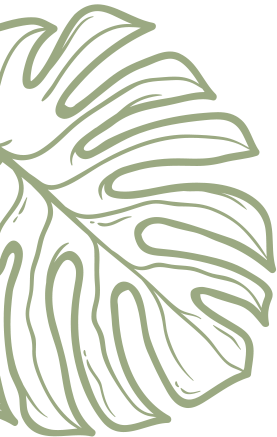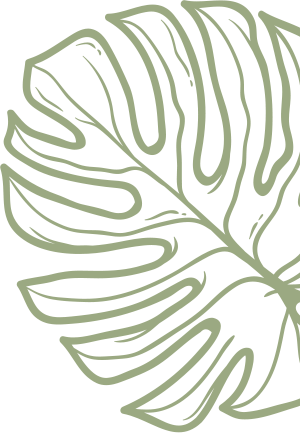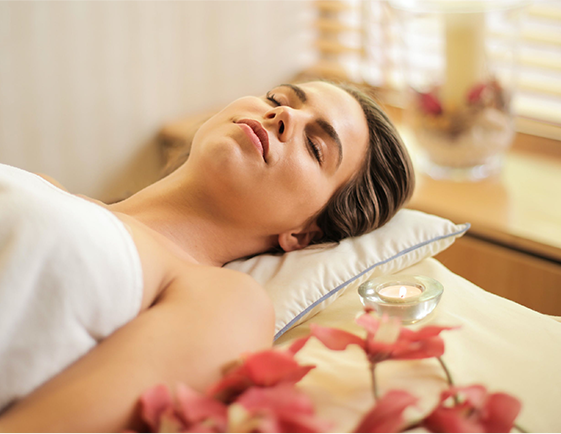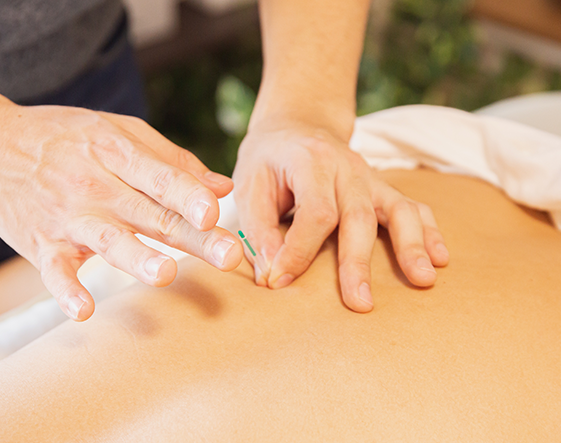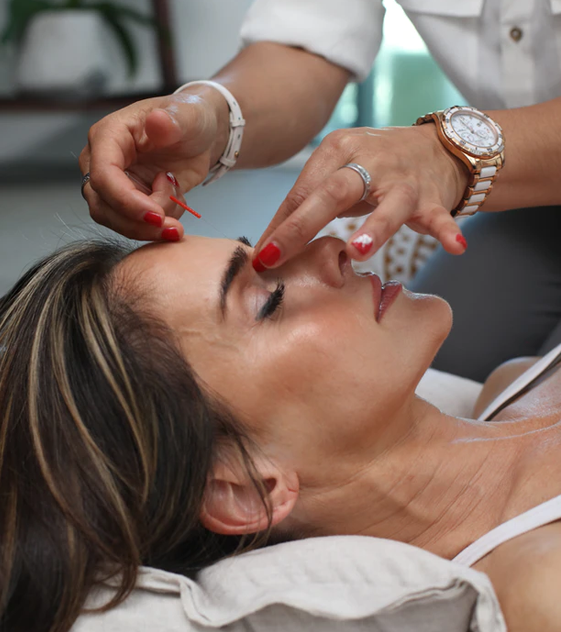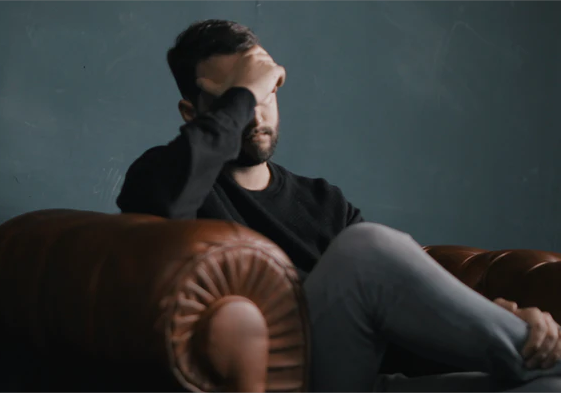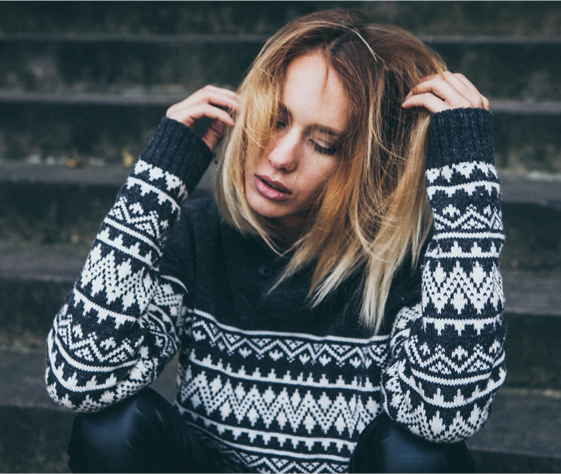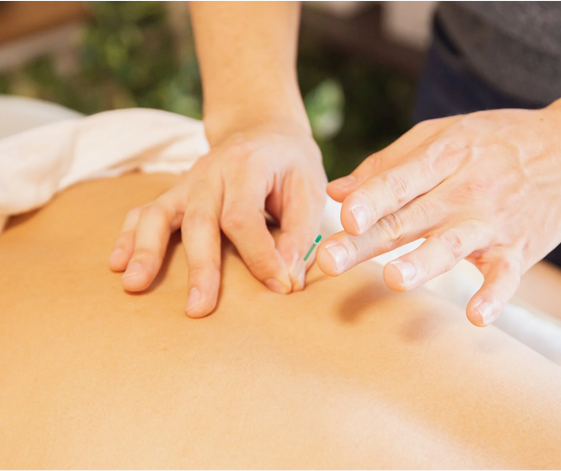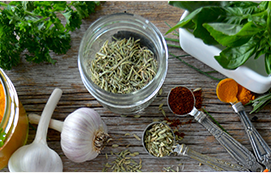Acupuncture has been practiced for thousands of years. It is based on the principle that the human body circulates blood and nutrients. This gives the body the ability to heal injuries continuously. With treatment we establish a healthy flow of blood to the affected area(s) so that the body can start repairing itself. Acupuncture works fast and has clinically proven, high success rates for numerous health problems. One of the great benefits is that it is a drug free therapy with virtually no side effects. The needles used are sterile and disposable and they are so thin that the insertion is painless.
At Natural Solutions we work with a wide variety of health problems and we focus on: fertility related issues, IVF and hormonal problems and mental health problems.
Acupuncture can also be used as a preventive measure, to reduce the risk of disease or injury, to stay as healthy as possible.



